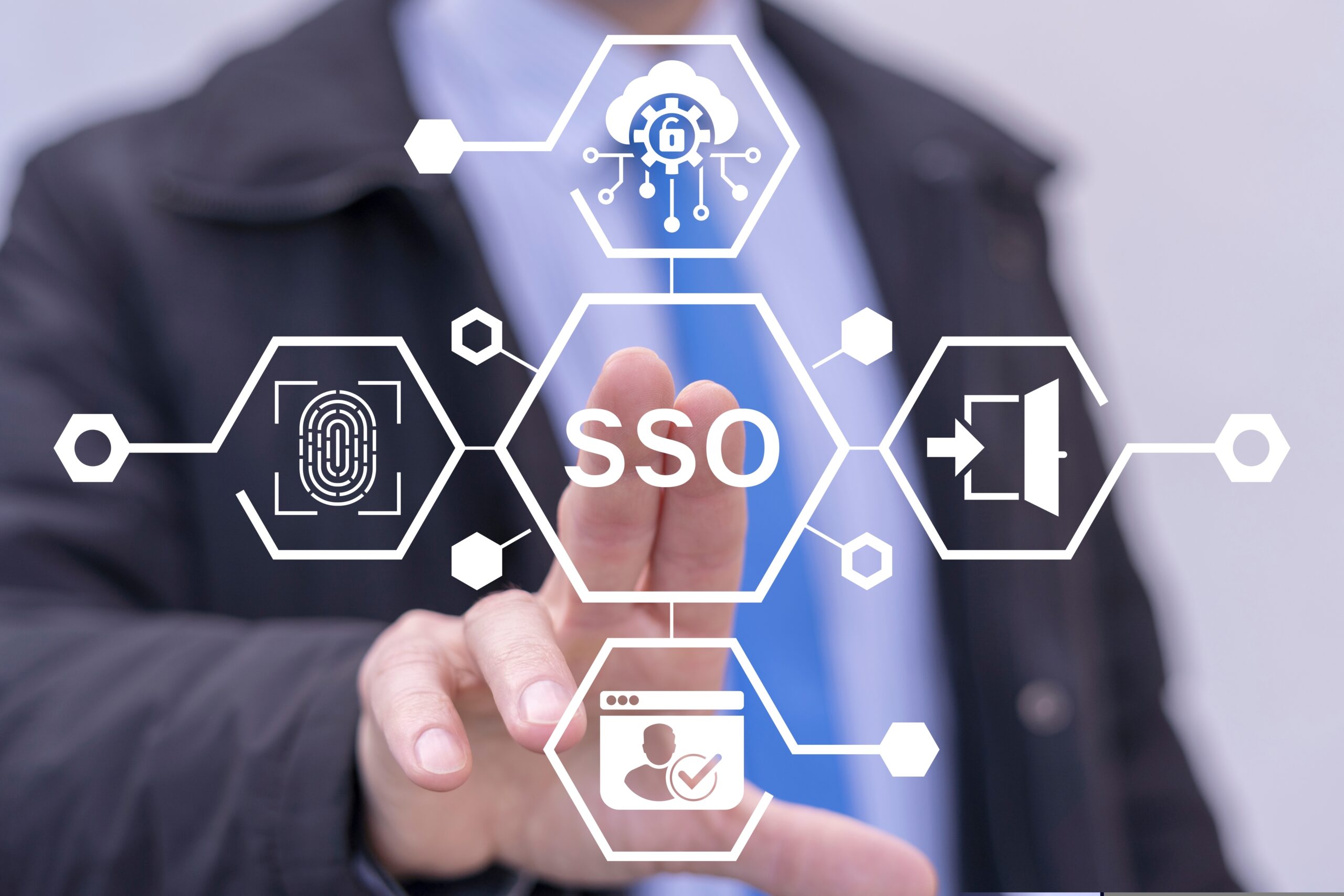The responsibilities in EHS are evolving as stakeholder awareness has significantly increased in recent years. Business investments now include meeting stricter compliance measures and transparent reporting for disclosures. EHS professionals can seize this opportunity and push for professional sustainability certifications and training to upgrade their skills and qualifications, stay current with industry practices, and advance their careers in sustainability.
Sustainability has a very broad range with many focus areas such as air, water, waste, and energy. Therefore, certifications in the field of sustainability are vast and varied. There cannot be just one certification that covers all sustainability-related issues. To be an expert within a specific area of sustainability and gain the respective qualifications, EHS managers need to take the time to assess the details of that course. While personal goals are an important factor, employees should also consider the sustainability goals of his or her present organization and opt for a qualification that enables them both personal and company advancement. Once a field of focus is designated, the concept of which certification or training to choose is simplified.
To inform this decision-making process, there are free courses covering sustainability available on Cousera. Additionally, both Harvard and Stanford Business Schools have online courses to help build a strong sustainability foundation. As an extra aid, here is a quick cheat sheet of certifications and training programs to assist EHS managers in choosing the best route based on their personal goals, professional experience, and organizational needs.
Sustainability Reporting:
Through sustainability reporting, companies are now sharing their sustainability actions, goals, impact, and achievements with their stakeholders. Businesses are now more transparent than ever and EHS teams are direct links to data gathering for sustainability reports. By gaining knowledge and skills in reporting methods and guidelines, EHS professionals can understand why the data matters. Acquiring this extra understanding translates into their being a great internal resource for the company. Here are the main reporting standards that companies have been adopting:
- GRI (Global Reporting Initiative): GRI Professional Certification Program
- CDP (Carbon Disclosure Project): CDP Climate Change Course by ISOS Group; free workshops and webinars available through CDP website
Climate Change & Carbon Accounting:
With countries and businesses making their pledges towards net-zero at the COP26, certifications and training programs covering climate change, climate risk, and GHG accounting are extremely in-demand and can help EHS professionals take their careers to the next level. Here are some certifications to choose from:
- Association of Climate Change Officers:
- Certified Climate Change Professional (CC-P) for mid-career professionals
- CC-P Candidate Pilot Program for young professionals or professionals transitioning to a career in climate change (and need to transition to the Certified Climate Change Professional (CC-P) certification
GHG Management Institute:Carbon Accounting courses
- GHG Protocol:
- Guidance courses for specific sectors, such as Agriculture & Fossil Fuels
- Corporate Standard Training Webinar (Free recording of previous training)
- Scope 2 Guidance Training Webinar (Free recording of previous training)
- Global Association of Risk Professionals (GARP): Sustainability and Climate Risk (SCR) Certificate
Sustainable Infrastructure & Design:
With the world’s growing population, sustainable design is playing an important role in reducing the environmental impact of construction and building infrastructure (which is often energy-intensive and wasteful). As a result of the growing awareness of these problems, many businesses are giving greater consideration to designing or altering their factories and office buildings to be sustainable spaces that reduce waste of water, air, waste, emissions, and energy. The following certifications and accreditations can provide EHS professionals the ability to transform their workspaces into healthy, highly efficient, and cost-saving green spaces:
- U.S. Green Building Council: Leadership in Energy and Environmental Design Accreditation (LEED)
- Institute for Sustainable Infrastructure: Envision Sustainability Professional (ENV SP): focusing on civil infrastructure
Supply Chain & Waste Management:
To go beyond finances and understand the full scope of their holistic impact, global businesses are investing more in supply chain management. Stricter legislation across borders is also creating demand for impact reports in supply chains and inquiries into business procurement policies (i.e., the EU Due Diligence Act). When evaluating impact, businesses are also tracking their waste past the points of both production and consumer use. Alongside the target for net-zero emissions are zero-waste goals. The following certifications are relevant for assessing impact from cradle-to-grave:
- International Supply Chain Education Alliance: Certified Supply Chain Analyst
- Green Business Certification Inc: TRUE (Total Resource Use and Efficiency) Advisor Certificate Program
The compilation of certification programs and courses suggested on this cheat sheet is just a drop in the sea of universal sustainability training and professional development offerings. It has never been easier to access resources and gain professional expertise from the comfort of your office or home. Therefore, the time is ripe for EHS professionals to embrace what’s possible in transforming their field and investing in professional growth.
Author Bio

Fatima Fasih
Experienced in corporate sustainability in both developed and emerging markets, Fatima Fasih has over 5 years of experience in advising businesses on their sustainability strategies and reporting. She also assists businesses in identifying their progress on the UN Sustainable Development Goals.
Currently, working as an independent Sustainability Consultant, Fatima holds a Masters degree in Sustainability Management and Bachelors in Health Sciences and Environmental Science from the University of Toronto.
She is also certified a Greenhouse Gas Inventory Quantifier (GHG-IQ) and aims to work towards pushing businesses to play a larger role in solving the world’s biggest sustainable development problems: hunger, poverty, and inequality.



